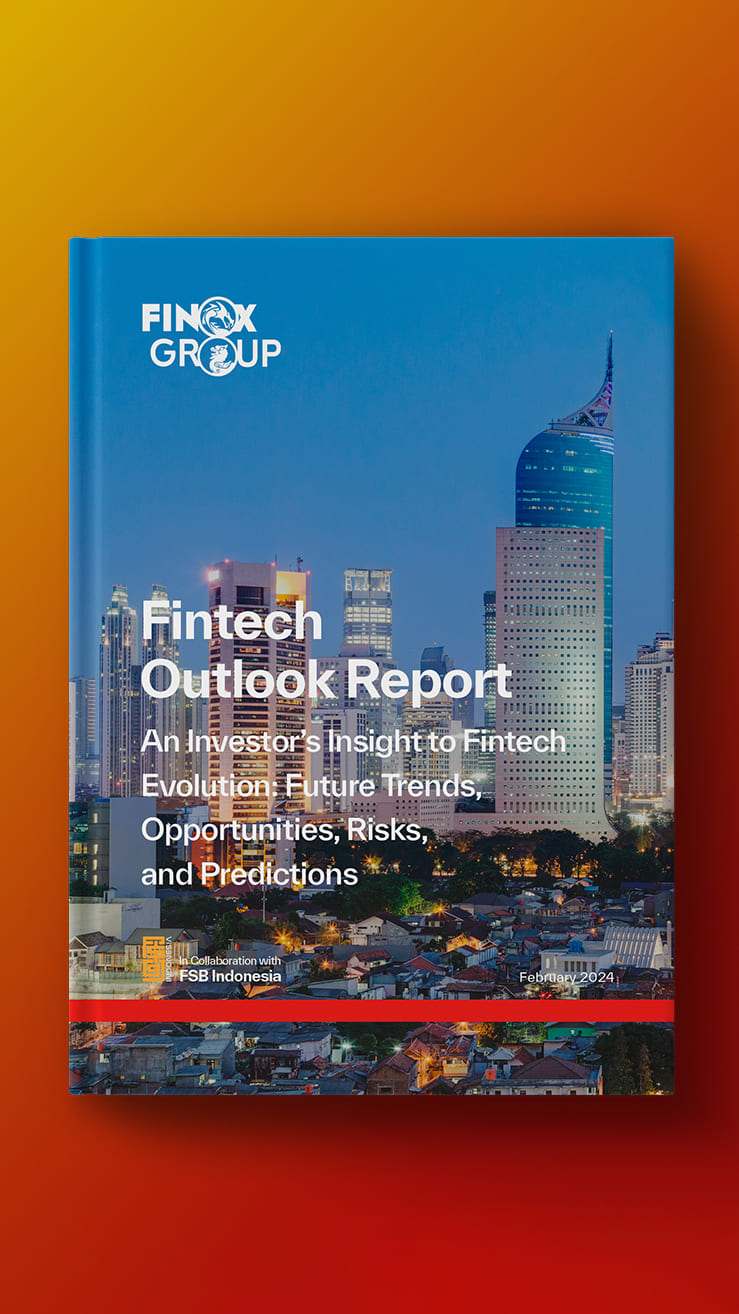
Financial technology tends to come with many expectations for a country, and Indonesia is one of the many countries reaping its benefits. With the number of opportunities springing up in Southeastern Asia, investors should consider how fintech can accelerate financial inclusion in Indonesia.
According to Asian Development Blog, the financial technology in Indonesia seems promising as the country braces itself for future disruptions with the Go-Digital vision in play. This Go-Digital vision program aims to create skills and boost the overall growth of workers. However, the main reason for the increased financial inclusion in Indonesia is its easy accessibility and less legal process of transacting funds.
This guide highlights a proper elaboration of how fintech affects the financial inclusion rate in Indonesia.
How Fintech Can Accelerate Financial Inclusion in Indonesia
To fully understand how fintech accelerates financial inclusion in the country, one must know what financial inclusion and fintech mean. Financial inclusion is the access that businesses and households have to the effective use of financial services and products. The benefits include credits, insurance, savings, transactions, etc. Fintech, on the other hand, is a computer program and technology which enables banking and financial services. According to Investopedia, fintech improves and automates the delivery of financial services.
With that said, it’s only fair that financial technology creates more engagement like every other technological development. This is because the process of using fintech is much easier. Hence, one might ask how fintech can accelerate financial inclusion in Indonesia. Well, fintech did not only increase financial inclusion in the country but the inclusion boosted the economy significantly.
Considering how fintech can increase financial inclusion in the country, one must consider the lesser burden of legacy systems. Fintech companies offer premium service qualities and reduced costs to their users, which is done by machine learning and proper data analysis. The companies can cut losses by developing risk assessment models that are quite innovative. What’s more, these models can generate customer credit scores and histories, ensuring the ecosystem is cost-effective and stable.
First and foremost, fintech can accelerate financial inclusion because of the national identification system. This system is straightforwardly allocating a demographic number to every citizen in the country. The service and registry help the government easily disburse financial resources and keep track of every impact on the economy.
The technology behind the direct transfer of cash is another factor one has to consider. The Fintech process has helped to ensure efficiency by eliminating the middleman. One doesn’t have to worry about the government buying commodities and transferring subsidies to get entitlements. Cash can be easily sent directly to the bank, saving any random cost and resources for the state. The government issues three digital cards linked to one’s mobile number to facilitate the process. This way, they can easily reach out to their target.
Mobile phones also play a role in accelerating financial inclusion in Indonesia. Phones make it easy for anyone to access any information. With fintech companies in play, it is easier to access transaction and inquiry information. Analyzing and collecting non-traditional data on mobile phone use, such as call duration, the number of contacts, or app types downloaded, can aid in the development of a variety of alternative payment, lending, and savings services to increase financial inclusion.
Benefits of Financial Inclusion
A country with a high financial inclusion rate provides several benefits for both stakeholders and individuals. The economy of the country is not left out as well. It reaps the benefits of financial inclusion. A few of the benefits are:
- It increases the income of individuals and eliminates the uneven distribution of income.
- It reduces the poverty level in the country.
- Educating people in rural areas about financial inclusion increases the earning potential of the masses.
- Financial inclusion provides a system to support the rural economy.
- It also promotes economic growth by mobilizing savings. This further increases the interest of customers from banks.
Ways Fintech can Accelerate Financial Inclusion in Indonesia
With fintech expected to be the bedrock for vast technological advancements in Southeast Asia, some ways financial technology can accelerate financial inclusion in Indonesia are as follows:
- Fintech can help the government effectively track its impact and conduct better budgetary resource allocation to improve access to other social sectors.
- Tech companies offer a wealth of applications and insights capable of transforming governance and supporting Indonesia’s efforts in planning for a better future with better solutions.
- Fintech improves efficiency by introducing technology-enabled cash transfers that eliminate intermediaries.
- Despite the burdens of the past legacy systems, fintech aims for a larger scope by reducing costs and improving the service quality.
Conclusion
Uncertain about how fintech can accelerate financial inclusion in Indonesia? Well, this is because Fintech meets all the requisites for financial inclusivity in a country. It isn’t just easy and quick to access, but it is simplified and affordable for individuals and MSMEs alike. To know how Fintech affects the financial inclusion rate in Indonesia, go through this guide.













